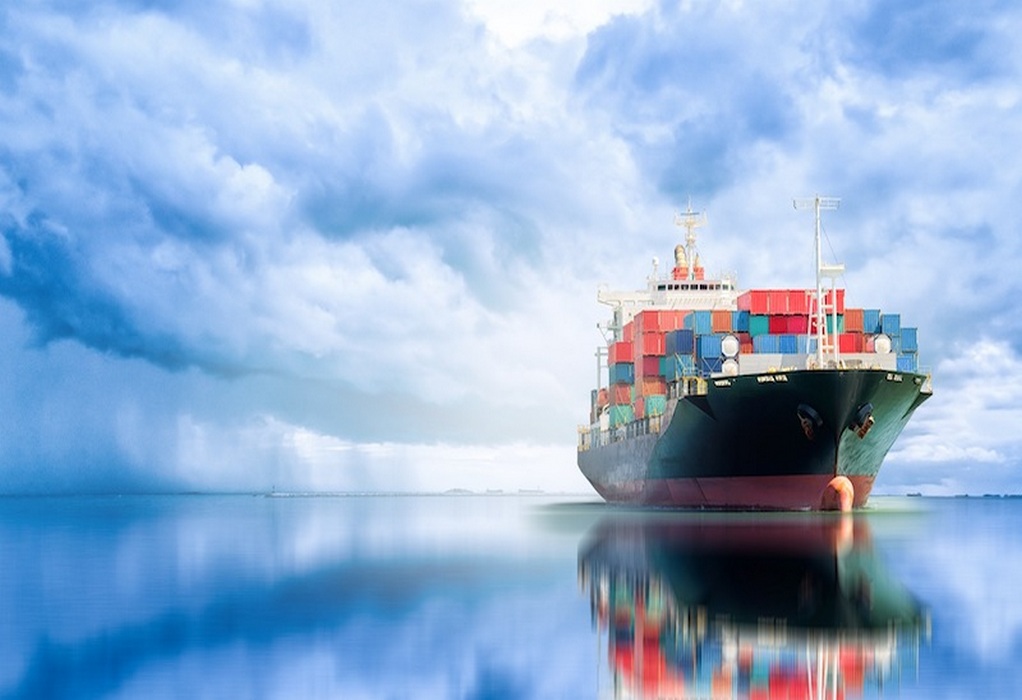A growing number of shipbuilders are turning to eco-friendly vessels as the shipping industry will face strengthened requirements on carbon emissions in the coming years. Shipping accounts for about 3 percent of the world’s annual carbon emissions.
The International Maritime Organization has ordered shipping companies to cut their greenhouse gas emissions by at least 30 percent by 2025 compared to 2008. Emission levels need to be cut by 70 percent by 2050.
Currently, the most widespread alternative fuel is liquefied natural gas (LNG). Korea’s three major shipbuilders ― Korea Shipbuilding & Offshore Engineering (KSOE), Daewoo Shipbuilding & Marine Engineering (DSME) and Samsung Heavy Industries ― have focused on LNG carriers.
Out of total orders received by the three this year, 60 percent were for vessels fueled by LNG and liquefied petroleum gas (LPG).
LNG emits 15 percent to 21 percent less CO2 than existing fuel for vessels. But when engines use LNG, they are exposed to the problem of methane slip, in which unburned fuel is expelled in the exhaust.
Methanol is another alternative fuel. KSOE won a 1.65 trillion won ($1.39 billion) order in August to build eight methanol-powered containerships from Denmark’s A.P. Moller-Maersk. The vessels will be the world’s first large-size ships to be powered by methanol.
Other alternative fuels include ammonia and hydrogen, which do not emit greenhouse gases when burnt. The America Bureau of Shipping forecast ammonia and hydrogen will make up nearly 40 percent of marine fuel consumption in 2050, from 3 percent in 2030.
Hyundai Mipo Dockyard, Samsung and Daewoo have received approvals for ammonia-powered ships from the British quality assurance firm, Lloyd’s Register. They plan to commercialize the tankers as early as 2024.
Korea’s lead in eco-friendly vessels is set to benefit the shipbuilders, as moves to cut carbon emissions in the industry accelerate.
Source: The Korea Times
Tags: CO2 Emissions, ecofriendly, Shipbuilders, Ships



Recent Posts
Report Highlights Pathway for Electrifying Nigeria’s Container Trade Sector
South Korean Company YPP Plans to Invest up to $3.1 Billion in Green Hydrogen Production in Kazakhstan
WattEV Expands Electric Truck Charging Network with Three New Depots in California
Anemoi Develops New Method to Accurately Measure Wind-Assisted Propulsion Benefits
Navigator Holdings and Amon Maritime Form Joint Venture for Ammonia-Fuelled Carrier Fleet
Hygenco Commissions Maharashtra’s First Green Hydrogen and Oxygen Facility to Power STL’s Net Zero Goals
India Invites Second Round of R&D Proposals Under ₹4 Billion Green Hydrogen Mission
BMTC Adds 148 Tata Electric Buses to Bengaluru Fleet, Strengthens Green Mobility Drive